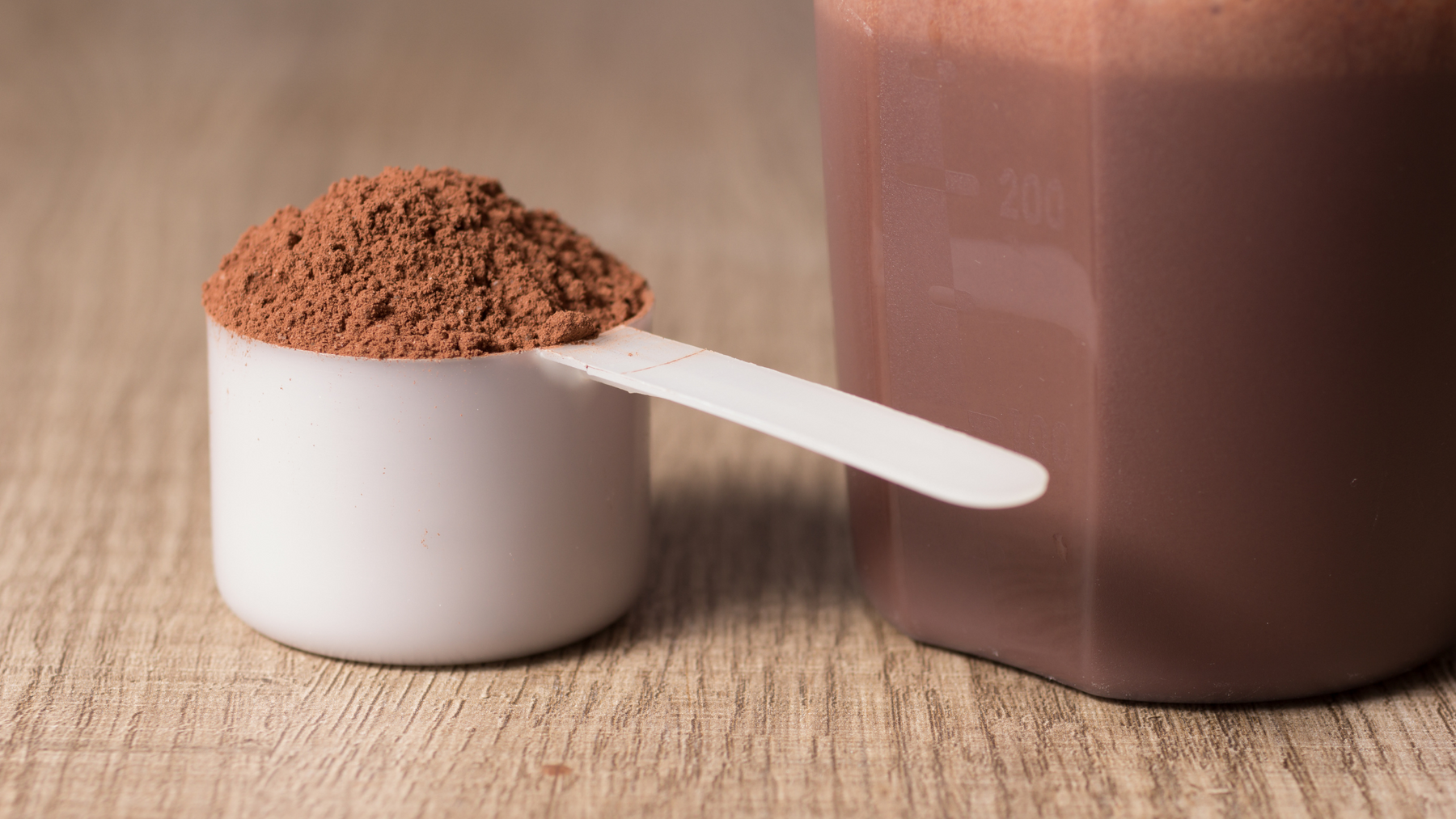
Why Beef Protein is Ideal for Post-Workout Recovery
Post-workout nutrition plays a crucial role in muscle recovery and growth, and choosing the right protein source is essential. Beef protein has gained popularity as an alternative to whey and plant-based proteins due to its high bioavailability, rich amino acid profile, and additional nutrients such as creatine and collagen. This article explores why beef protein is an ideal post-workout option, how it compares to other sources, and how to incorporate it into your routine for optimal muscle recovery and strength gains.
The Science Behind Post-Workout Recovery
After an intense workout, muscles experience micro-tears, leading to soreness and fatigue. To rebuild and strengthen these muscles, the body requires:
- Amino acids for muscle repair
- Energy replenishment through glycogen stores
- Hydration and electrolytes to prevent cramping and fatigue
Protein plays the most crucial role in this process by stimulating muscle protein synthesis. However, not all proteins are equally effective, making the right choice important for optimal recovery.
What Makes Beef Protein Unique?
Beef protein stands out due to its high-quality amino acid profile and additional muscle-boosting nutrients. Key benefits include:
- Complete protein source containing all nine essential amino acids required for muscle repair
- Dairy-free alternative, ideal for individuals with lactose intolerance
- Naturally rich in creatine, which supports strength, power, and endurance
- High collagen content, promoting joint health and recovery
Beef Protein vs. Other Protein Sources
| Protein Type | Bioavailability | Lactose-Free | Key Benefits |
|---|---|---|---|
| Beef Protein | High | Yes | Muscle repair, rich in creatine, joint health |
| Whey Protein | Very High | No | Fast absorption, high BCAA content |
| Casein Protein | Medium | No | Slow digestion, ideal for overnight recovery |
| Plant-Based Protein | Medium | Yes | Good for vegans, varies in amino acid completeness |
Beef protein is a great alternative to whey for individuals who experience digestive discomfort with dairy-based proteins.
Key Nutrients in Beef Protein for Recovery
- Creatine – Enhances strength and muscle performance
- Iron – Supports oxygen transport and energy production
- B Vitamins – Assist with energy metabolism and recovery
- Collagen – Improves joint and tendon health, reducing injury risk
How Beef Protein Aids Muscle Growth and Repair
Beef protein contains a high concentration of essential amino acids, particularly leucine, which is the most important amino acid for activating muscle protein synthesis. Studies show that consuming a high-quality protein source post-workout can:
- Reduce muscle breakdown
- Improve muscle recovery speed
- Enhance strength gains over time
Absorption Rate: How Fast Does Beef Protein Work?
While whey protein is absorbed at a faster rate, beef protein offers a steady release of amino acids, making it an excellent choice for prolonged muscle recovery.
Ideal Timing and Dosage for Beef Protein Consumption
- Post-workout: 20-30 grams within 30 to 60 minutes after exercise
- Pre-workout: 15-20 grams for sustained energy
- Meal replacement: 25-30 grams mixed with healthy carbohydrates and fats
Who Should Use Beef Protein?
Beef protein is ideal for:
- Athletes and bodybuilders seeking muscle recovery and performance benefits
- Lactose-intolerant individuals looking for a dairy-free protein source
- People following paleo or keto diets, as it naturally fits low-carb, high-protein plans
Common Myths About Beef Protein
Myth: Beef protein is not as effective as whey
Truth: It has a high bioavailability and complete amino acid profile, making it effective for muscle recovery.
Myth: Beef protein has an unpleasant taste
Truth: Many brands now offer flavoured options such as chocolate and vanilla to enhance the taste.
Myth: Beef protein is just dried meat powder
Truth: It undergoes hydrolysis for faster absorption and higher purity.
How to Choose the Best Beef Protein Powder
When selecting a beef protein powder, consider the following:
- High protein content, with at least 85 per cent per serving
- No artificial additives or fillers
- Hydrolysed formula for faster absorption
How to Incorporate Beef Protein into Your Diet
- Protein shakes – Blend with almond milk, banana, and oats
- Smoothies – Mix with berries, yoghurt, and honey
- Cooking – Add to pancakes, oatmeal, or soups
FAQs
Is beef protein better than whey for muscle gain?
Both are effective, but beef protein is ideal for those avoiding dairy.
Does beef protein contain creatine naturally?
Yes, making it a great supplement for strength training.
Is beef protein suitable for weight loss?
Yes, it supports fat loss while preserving lean muscle mass.
Can I take beef protein before bed?
Yes, it provides slow-releasing amino acids overnight.
Is beef protein suitable for paleo and keto diets?
Yes, it is low in carbohydrates and free from dairy.
Does beef protein cause bloating?
No, it is easier to digest than whey for some individuals.
Conclusion
Beef protein is an excellent post-workout recovery option, providing muscle-building amino acids, creatine, and joint-supporting collagen. Whether you are an athlete, bodybuilder, or someone seeking a dairy-free protein alternative, beef protein can help optimise recovery and maximise muscle growth.
Our Beef Protein Picks
NXT Beef Protein Isolate 540g (18 Serv)
Shop our full range of Beef Protein here.


